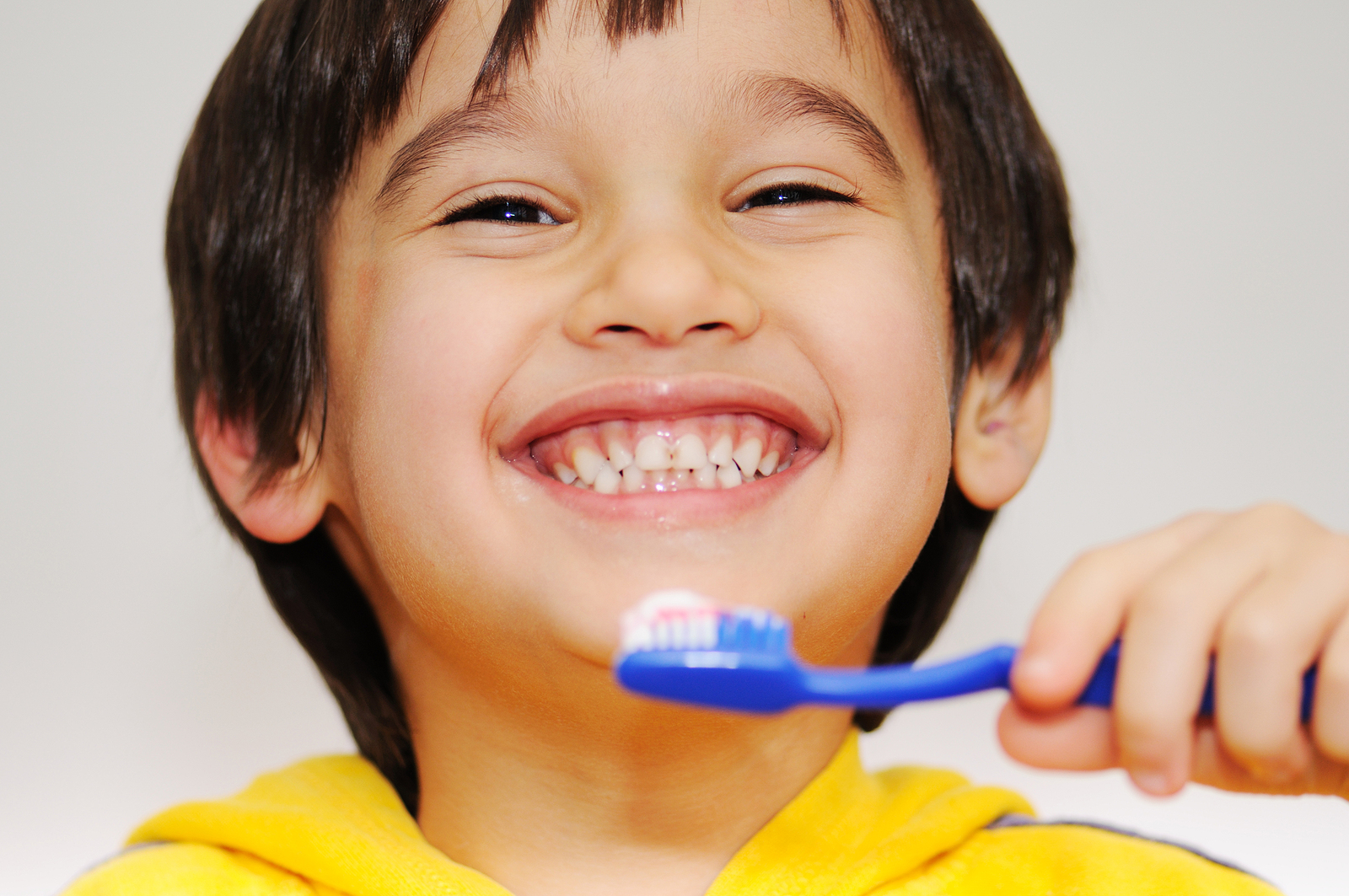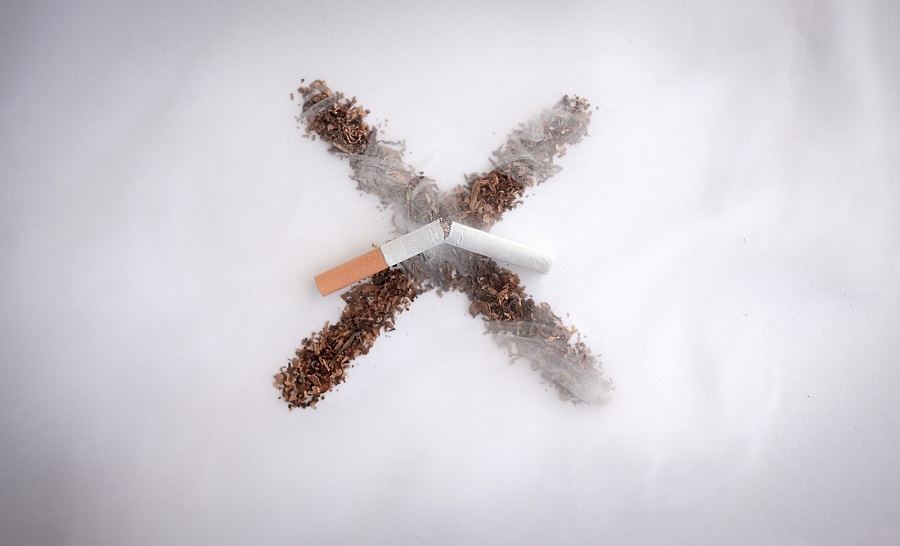According to the CDC, 90% of American adults aged 20 and older have had one cavity. Despite your best intentions, you will likely experience a cavity at some point during your life. However, left untreated, cavities will only continue to grow and cause further decay to your tooth.
Caught early, cavity treatment can stop and even cure tooth decay. That’s why it’s important to know what signs of cavities to look for.
Find out the common signs you have a cavity and how Southeast Family Dental can help.
1. Hot and Cold Sensitivity
A common sign that you may have cavity damage is a sensitivity to extreme temperatures. You may notice pain when you drink a glass of ice water or a cup of hot coffee.
When the tooth’s outer protective layer is worn down, it exposes the dentin layer. As hot or cold food hits the dentin, it stimulates nerves in your teeth. This creates a feeling of discomfort and sensitivity, otherwise known as “dentin hypersensitivity.”
During the initial stages, the pain may be mild. However, the pain will become difficult to ignore as the cavity worsens.
2. Toothache
Pain is one of the most common signs that you have a cavity. Sometimes this pain can come on as a result of something you eat or without any apparent cause. The ache can range from dull to debilitating, depending on the progression of your cavity.
You may experience this ache in one or more teeth, and it may even radiate around your whole mouth. The decay could reach your tooth’s nerve and require extensive treatment, possibly a root canal if left untreated.
As soon as you experience constant throbbing pain, book an appointment with your dentist.
3. Discoloration
While discoloration can result from several factors, it can also signify a cavity. If you notice white or dark spots on your tooth, this could indicate a cavity. You should also watch for spots that grow in size.
By the time you visibly notice discoloration, your cavity may have progressed to where treatment is necessary.
While it could be a natural stain (especially if you’re a heavy coffee drinker), it’s always best to get a dentist to check it out. This is especially true if you’re also experiencing tooth pain.
4. Chewing Is Painful
Do you notice pain when you chew on food? You likely have a cavity. While you may have a general toothache, the pain can worsen when you chew or bite down.
This is a common sign of cavities at the back of your mouth. The pain can range from mild discomfort to excruciating and change how you eat food.
Don’t ignore this painful sign. Book an appointment with your dentist.
5. Unpleasant Breath
Bad breath is a common and unpleasant sign that you may have a cavity. If you practice good oral hygiene and routinely use mouth wash yet are still experiencing bad breath, it’s time to visit your dentist.
While there are many causes of bad breath, it is typically due to undiagnosed tooth decay. Cavities are decayed areas in the teeth resulting from a process that breaks your tooth’s enamel brought on by bacteria inside your mouth.
Cavities and bacteria can cause bad breath. The longer bacteria have contact with your teeth; the stinkier your breath will be. Once discovered by your dentist, the cavity can be treated, and your breath will improve.
6. A Hole in Your Tooth
When cavities permanently damage areas on the enamel, they create small holes in the tooth. A hole in your tooth is often a sign that your cavity has progressed.
As the decay on your tooth worsens, it eventually breaks down and turns into a hole. Depending on the size of the hole, you may notice it in the mirror or feel it with your tongue.
At this point, it’s a sure sign that you have a cavity. A dentist will need to fill in this cavity as soon as possible.
7. Bleeding, Swollen Gums
Bleeding and swollen gums can be a sign that you have a cavity. An abscessed tooth usually occurs due to an untreated cavity that has allowed bacteria to infect your tooth.
The bacterial buildup on the teeth irritates surrounding gum tissue and can cause the gums to become painful and inflamed. If you notice bleeding gums when you brush or floss, schedule an appointment with your dentist.
Bleeding gums are also a sign of gingivitis or gum disease. In any case, a dentist can investigate and provide you with the right course of treatment.
8. Pus
You know that your cavity has gone too far when you notice pus. At this point, your cavity has become an abscess and is considered a dental emergency.
An abscess can lead to infection and spread around the mouth, resulting in possible life-threatening consequences. Abscesses are painful and may cause fevers and swollen glands.
Contact your local dentist right away. In most cases, they will be able to see you on the same day.
9. No Signs
Cavities in their early stages don’t always show signs. Unfortunately, this makes it trickier to notice straight away.
That’s why it’s important to keep up with your visits to the dentist. With regular dental visits, your dentist can identify underlying oral issues before they start.
You should visit the dentist at least every six months or as recommended by your local dental expert. This is the best way to prevent cavities or treat them before they become a major problem.
Signs You Have a Cavity? We Can Help!
While no one likes to hear they have a cavity, it’s always better to visit your dentist to have your cavities treated sooner rather than later.
Getting rid of a cavity is one of the most important ways to keep your teeth and gums healthy.
Worried there are signs you have a cavity?
Southeast Family Dental is here to help. Our professional and highly-skilled dentists know how to get rid of a cavity and restore your smile!
We also offer regular dental care and preventative treatment alongside our restorative care services.
Request an appointment today.
More Blog Posts
Office Hours
MON - THU8:00 am - 5:00 pm
FRI8:00 am - 2:00 pm
SAT - SUNClosed






